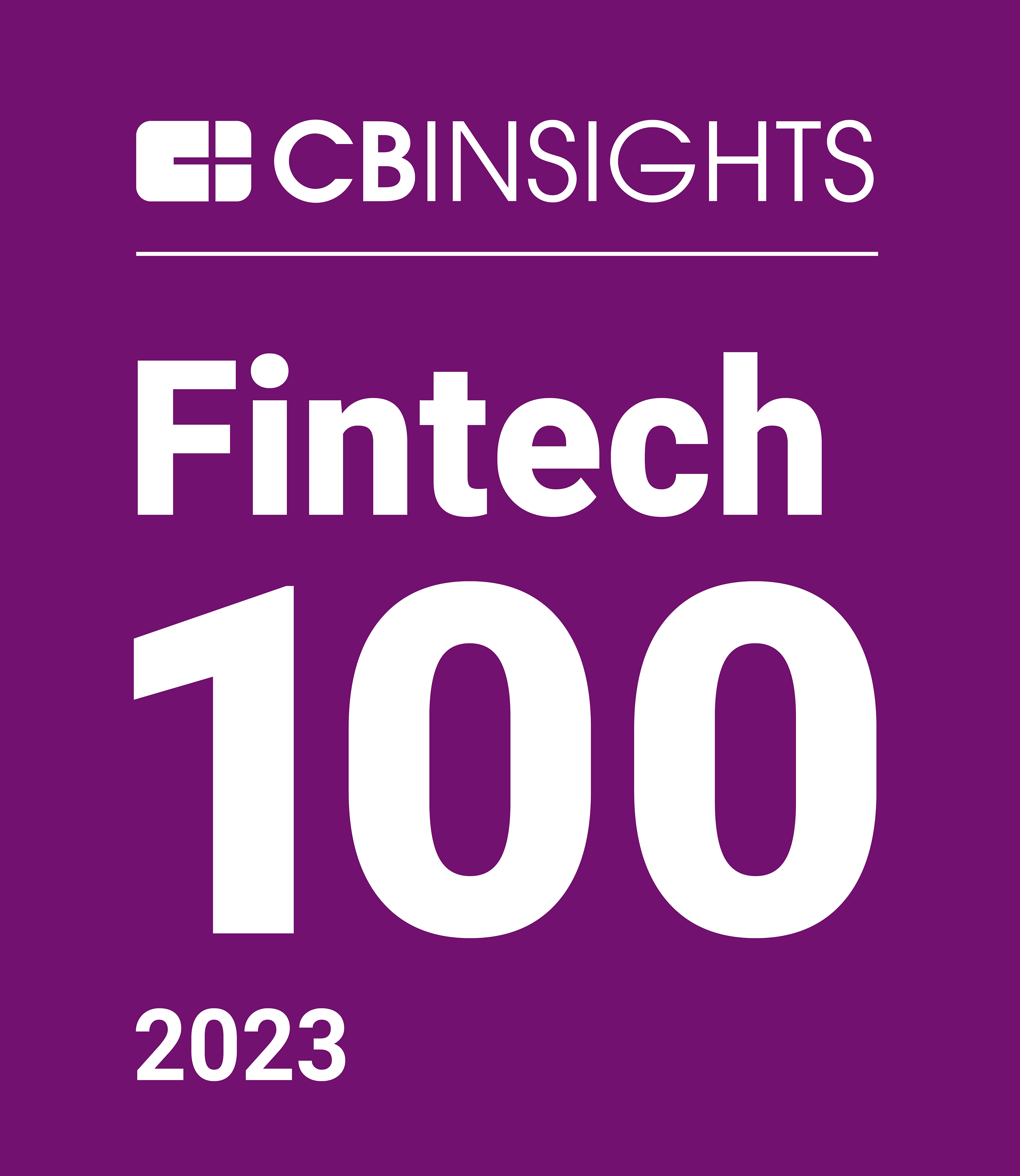Globalising Open Banking Payments: Four Key Considerations
As the global financial industry has evolved, several key discoveries have emerged about Open Banking payments, reshaping the way we understand and utilise this transformative technology.
Open Banking is transforming the financial landscape, enabling consumers and businesses to access innovative financial services, with a particular focus on payments. As the global financial industry has evolved, several key discoveries have emerged about Open Banking payments, reshaping the way we understand and utilise this transformative technology.
1. Evolving regulation to improve access and expand the offering
In every corner of the world, financial regulators are taking steps to advance Open Banking. However, each regulator is taking a different approach, tackling region-specific issues.
Both in the EU and the UK, regulators were at the forefront of real-world Open Banking implementation. The EU Commission’s recent proposed legislation PSR1, replacing EU directive PSD2, focuses on improving financial API performance, placing an increased focus on the standardisation of financial data throughout payments infrastructure to create more consistent experiences.
Open Banking in the US has been led by industry players, without any government regulation to support its development or standardisation. The US Federal Reserve recently launched FedNow to bring instant settlement and near-zero fees to American consumers. FedNow is a step towards opening up banking infrastructure in the US and signals that the Federal Reserve will continue innovation in the industry.
Australia’s implementation of Open Banking infrastructure draws inspiration from the UK’s regulations to launch the Consumer Data Right Act in 2019. The regulation introduced extensive data-focused frameworks, enforcing standardisation of financial and consumer data, whilst also driving forward API-first interfaces. However, Australia is still building an Open Banking ecosystem, with startups yet to make a dent with access to a wealth of data.
As the industry matures, we expect governments and financial authorities are crafting comprehensive regulatory frameworks to protect consumers and ensure fair competition.
2. Bank credential collection methods
Account-to-account payments initiate transactions on behalf of customers with their consent. The credentials needed for accessing these services can vary by country and financial institution.
Biometric authentication such as face ID or fingerprint ID to gain consent has been widely adopted by banks in the UK and as such they provide a secure, seamless way to make a payment. No data is required to be captured or entered by a consumer.
However, this is not consistent across Europe or Australia. For example, in Germany, banks still require the manual input of an IBAN and even in some cases their bank username and password in the payment flow. Similarly in Australia, consumers need to enter their BSB account number or their Pay ID (a unique identifier).
Alternatively, US consumers directly authenticate with their bank username and password using a network of data aggregators who facilitate a standardised nationwide approach.
3. Automatic bank app redirects
Redirecting consumers automatically to their banking app from the checkout process once they’ve selected a provider is key to streamlining payments and driving repeat usage.
However, not all banks have built this capability into their API. Whilst prevalent in the UK and the US, in Europe only certain banks allow their customers to benefit from this feature. Some providers will offer a best-in-class experience, redirecting users to their bank app or to download it. In contrast, others simply send users to log into their internet banking, creating unnecessary friction as an average of 71% of customers in Europe normally do all or most of their banking through their apps.
In Australia, the approach differs as bank app redirects don’t exist and users need to do the switching to their bank app or internet banking, compromising convenience.
These variations reflect regional and institutional differences, influencing the overall efficiency of the online payment process for users.
4. Ecosystem collaboration: ‘if you can’t beat them, join them’
The Open Banking landscape has shifted from competition to collaboration. Initially, many traditional banks viewed fintech startups as direct competitors. However, these financial institutions are now partnering with fintech companies to offer improved payment services, enhanced customer experiences, and expanded reach.
Developing new technologies and experiences is an important task for banks to retain and attract customers. Fintechs offer an option: integrate third-party solutions with the existing product stack. With each fintech focusing on a small section of a bank’s product stack, this collaboration results in quicker market advancements and greater economies of scale to decrease costs and doesn’t require banks to employ teams of experts.
Banks are key consumers of fintech products and services and can lead to successful industry partnerships.
It’s clear that Open Banking is heading towards global adoption, but the paths leading there are extremely diverse.
At Banked, we design and implement global technical solutions for providing a secure and consistent consumer experience whilst optimising payments performance for merchants.
We know what really matters is delivering the best end-to-end customer experience and adding value to the payment process. We do this with a tailored checkout flow, a localised user experience by market and segment, whilst ensuring the experience is safe and secure.
This originally appeared in The Paypers Open Finance Report 2023
Platform


Banked Ltd is authorised and regulated by the UK Financial Conduct Authority
151 Wardour St, Unit 5.01, London, W1F 8WE, UK
Company number 11047186 : Firm Reference Number 816944 : +44 (0) 20 8090 2747
© Banked : 2026